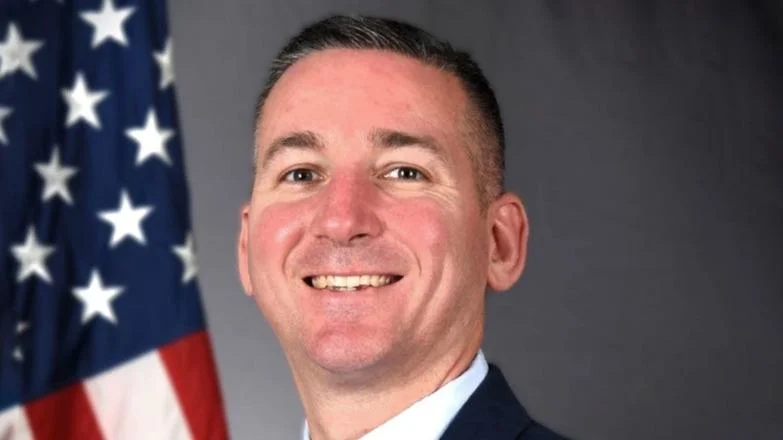Ben Franklin, Wisconsin State Representative for 88th District | www.facebook.com
Ben Franklin, Wisconsin State Representative for 88th District | www.facebook.com
According to the Wisconsin State Legislature's official website, the bill was described as follows: "requiring a school board to spend at least 70 percent of its operating expenditures on direct classroom expenditures and annual pay increases for school administrators. (FE)".
The following is our breakdown, based on the actual bill text, and may include interpretation to clarify its provisions.
In essence, this bill mandates that school boards allocate at least 70% of their operating expenditures to direct classroom expenses, including teacher and aide salaries, instructional supplies, tuition, and extracurricular activities. If a school board fails to meet this 70% requirement, it must increase its classroom spending by a minimum of 2% each subsequent year until compliance is achieved. In instances of non-compliance, state aid to the school district will be reduced by the shortfall amount, with prohibitions on raising property taxes to cover these reductions. If reductions are insufficient to recover excess expenditures, the Department of Public Instruction will order a corresponding reduction in taxpayer obligations, possibly issuing refunds with interest. Additionally, the bill limits annual pay increases for school administrators to match the average percentage increase granted to teachers. These stipulations become effective on July 1, 2026, with the compensation increase limitation applying to contracts engaged or altered thereafter.
The bill was co-authored by Senator Cory Tomczyk (Republican-29th District), Representative Scott Allen (Republican-82nd District), Representative Elijah R. Behnke (Republican-6th District), Representative Nate L. Gustafson (Republican-55th District), and Representative Jerry L. O'Connor (Republican-60th District).
Franklin graduated from Trident University International in 2020 with a BA.
Franklin, a Republican, was elected to the Wisconsin State Assembly in 2025 to represent the state's 88th Assembly district, replacing previous state representative John Macco.
In Wisconsin, the legislative process starts when a senator, constituent, group, or agency proposes an idea for a bill. After drafting, the bill is introduced, numbered, and referred to a committee for review and public input. If approved, it moves through three readings and votes in both the Senate and Assembly. Once both chambers pass the same version, the bill goes to the governor, who can sign it, veto it, or let it become law without a signature. Only a small share of bills introduced each session ultimately become law. You can learn more about the Wisconsin legislative process here.
| Bill Number | Date Introduced | Short Description |
|---|---|---|
| AB6 | 02/04/2025 | Requiring a school board to spend at least 70 percent of its operating expenditures on direct classroom expenditures and annual pay increases for school administrators. (FE) |


 Alerts Sign-up
Alerts Sign-up